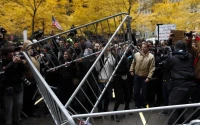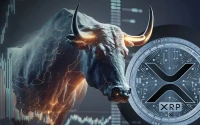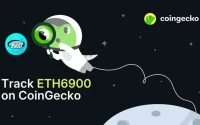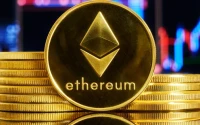Alright, let's dive into this Vitalik Buterin meme coin situation. The Ethereum co-founder has been offloading a bunch of unsolicited meme tokens, netting around 257 ETH (about $636,000, give or take, depending on the Ether price at the exact moment of sale). Lookonchain, the blockchain analytics firm, was all over it, tracking the transactions. Vitalik Buterin Sells Meme Tokens for 257 ETH
The Great Meme Coin Offload
So, what exactly did Buterin dump? We're talking 330,000 MSTR for 114.1 ETH, 14 million POPCAT for 74.99 ETH, 14 billion ITO for 36.55 ETH, and a scattering of other coins like ETH6900, SATO, and MILO. None of these were purchased; they were airdropped to his wallet, a common tactic by developers hoping to pump their coin's visibility.
But here's where it gets interesting. Buterin has a history of dealing with these unsolicited tokens. He either sells them off or donates the proceeds. He even donated 260.15 ETH to charity from a previous MOODENG sale. Good for him, right? Maybe. But the optics are tricky, and that's where the debate starts.
The question is, does this constitute market manipulation? Probably not in the legal sense (since these coins were unsolicited and he's arguably just cleaning house). But what about the perception of manipulation?
Unintended Consequences?
Some crypto folks are raising concerns about Buterin's acknowledgment of certain meme coins, specifically EBULL and MOODENG, particularly after they made charitable donations. While the donations themselves are commendable (MOODENG focusing on anti-airborne disease tech is a genuinely interesting angle), there's a worry that it lends legitimacy to inherently risky and often non-transparent projects.
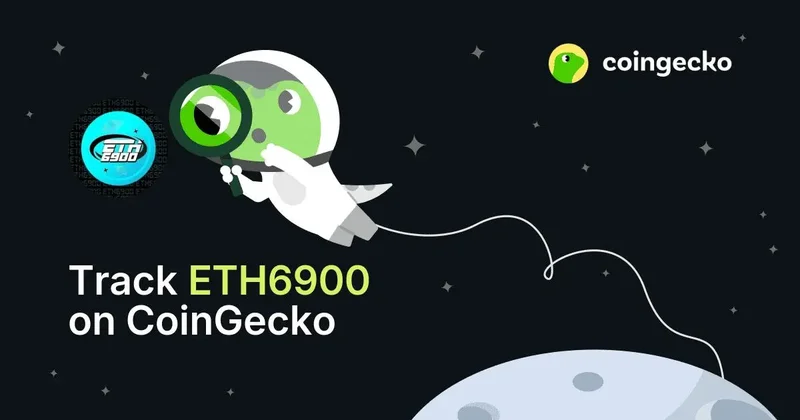
Crypto personality "Rug Muncher" (yes, that’s their handle) pointed out the price spike in EBULL after Buterin's nod. This influx of new investors creates an opportunity for insiders to dump their holdings at inflated prices, leaving retail investors holding the bag. It's a classic pump-and-dump scenario, and Buterin's name, even tangentially, adds fuel to the fire.
And this is the part of the story I find genuinely puzzling. It's not that Buterin is doing anything wrong per se, but his actions, even with good intentions, have ripple effects. It's like a celebrity endorsing a questionable product; their fans might rush in without doing their homework.
Buterin previously donated a large SHIB stash (worth over $1 billion) to a hospital in India, which caused a stir. This latest meme coin offload seems less dramatic, but the underlying issue remains: prominent figures in crypto need to be hyper-aware of how their actions impact the market, especially when it comes to meme coins. The market cap of meme coins is substantial (over $50 billion at the time of this analysis), so even small endorsements can have a large impact.
What responsibility do influential figures have in the crypto space? Is it enough to say "not financial advice," or should they be held to a higher standard of due diligence, given the potential for harm?
The Price of Influence
Buterin's actions, while consistent with his policy on unsolicited tokens, highlight a fundamental tension in the crypto world. On one hand, he's clearing out spam from his wallet. On the other, his actions influence market dynamics, intentionally or not. Is there a way for him to dispose of these tokens responsibly without inadvertently boosting or hurting these projects? Perhaps a more transparent and gradual selling strategy could mitigate the impact, but that might also invite front-running. It's a tough spot to be in.
So, What's the Real Story?
It's not manipulation in the strict sense, but it's a reminder that even well-intentioned actions can have unintended consequences in the wild west of crypto.


